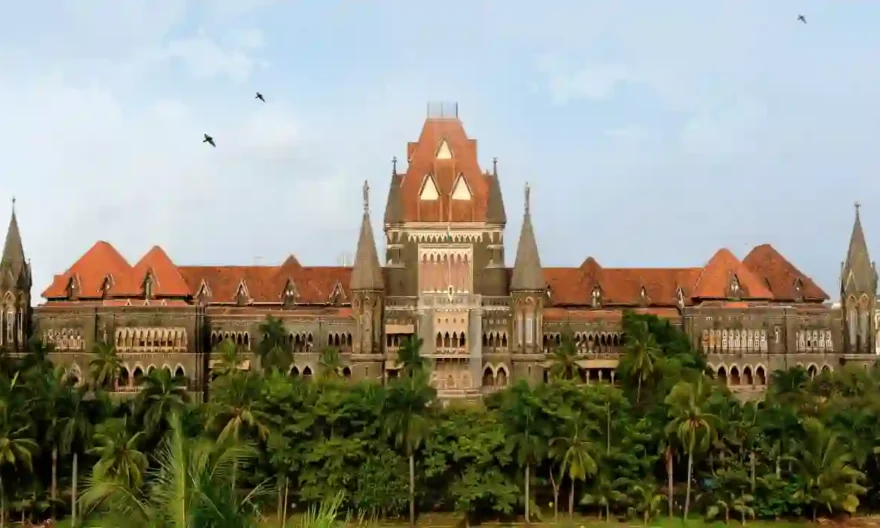
The Bombay High Court on Monday sought a pre-hearing deposit of one lakh rupees as a payment from a petitioner who had moved the Court seeking directions to use Marathi or Devanagari text alongside English on signboards and banners in public places such as airports.
Gujarati Vichar Manch (GVM), a trust, filed a petition requesting for the Central Home Ministry’s Department of Official Languages to implement two circulars directing the use of Hindi and regional languages on signage boards and indicators at public locations on par with English langauge.
A division bench of Acting Chief Justice SV Gangapurwala and Justice Sandeep Marne ordered the petitioner to deposit one lakh as a pre-hearing condition in order to prove the bonafides of the petitioner.
According to the GVM’s Public Interest Litigation (PIL) petition, the authorities repeatedly failed to implement the circulars despite repeated reminders and requests from the trust.
The petitioner further submitted that, “The petitioner merely seeks the recognition towards the official and regional language of the state of Maharashtra as language is a highly emotional issue for the citizens of any nation. It has a strong unifying force and is a powerful tool for national integration.”
The petitioner went on to say that the prominent display of English on signboards, indications, and all other boards at Mumbai airports is nothing more than an attempt to foist the language on indigenous people.
The trust contended that having a regional language displayed alongside the English language would be more convenient for Maharashtrians and Indian residents who are unfamiliar with the English language.
The petitioner also referred to an order passed by a co-ordinate bench of the High Court which had commented on the significance of Marathi as a regional language.
If the deposit is made as directed by the Court, the plea will be heard.




